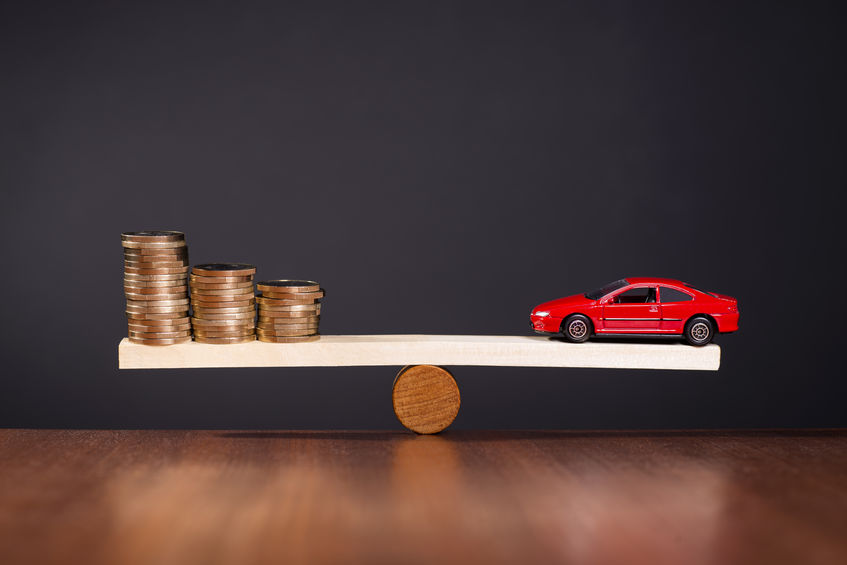Vehicle Depreciation After a Car Accident-How to Minimize It
It’s common knowledge that after a car accident, the value of your car or truck will go down quite a bit. Some times the insurance company may even total it, saying that the value of the vehicle is less than what it would cost to fix it. But what about cases where the vehicle isn’t totaled? You might be wondering if there is any way to maintain some kind of resale value. Minimizing vehicle depreciation after a car accident is possible. Read on to find out how!
Minimizing Vehicle Depreciation Tip #1: Understand the Process
You can’t change the fact that your car’s value will depreciate after an accident. However, understanding this process will make the process a lot less painful. The first fact you need to accept:
Even if you have your vehicle repaired by a qualified body shop right and there isn’t any sign of damage, your car won’t bring the same resale value as it did before. Thinking of hiding it. That’s not always possible either. The accident will be recorded on a Carfax report, which most buyers will request before buying.
Which leads to this question: by how much does a vehicle depreciate after a car accident? This is a number known only by the insurance company and of course, it varies depending on vehicle factors. But in general, the depreciation percentage averages around 30 percent.
This might sound steep, but when you consider the fact that your car depreciates by 11% when you drive off of the lot, the stakes are even higher. Regardless, there are ways to mitigate this drop in value. The first, fixing your vehicle right away and by the right shop.


Minimizing Vehicle Depreciation Tip #2: Have The Damage Fixed With Quality Parts
After an accident, you’ll do one of two things—pay a deductible and have your insurance company pay for the repairs to your vehicle or pay for the repairs yourself. Either way, it can be tempting to skimp on repairs or buy cheaper parts as a way to cut down on costs. After all, your first priority will probably be to get back on the road again. This is understandable, but still a costly mistake.
Having your car repaired by a ‘shade tree’ mechanic or an auto body shop that uses low-quality parts might save you now. However, it will cost you down the road when it’s time to resale. On the flip side, choosing a reputable auto body shop that uses OEM parts will help minimize vehicle depreciation. When trading your car in or talking to potential buyers, you’ll have proof that your car has been restored to pre-accident condition.
Minimizing Vehicle Depreciation Tip #3: Consider a Diminished Value Claimhe Distance
One final tip is to file a diminished value claim. A diminished value claim allows owners to recover the difference between a car’s value before an accident and its value after repairs. Every state has different rules when it comes to this option. Arizona’s laws are outlined below:
- You can only file a claim if the accident wasn’t your fault.
- You must file it within two years.
- The damage you are claiming must have happened during a collision, not in some other type of mishap.
- Uninsured motorist coverage won’t help with this matter, unfortunately.
- You don’t have to sell your vehicle to be eligible.
- You can’t file until repair work has been completed.
If you need quality repairs made after a collision or want to know more about how using original manufacturer parts can help with your diminished value claim, contact Orlando Auto Body at 480- 351-6872 for a quote. We’re always here to help.

